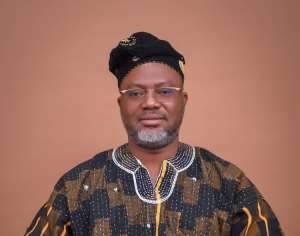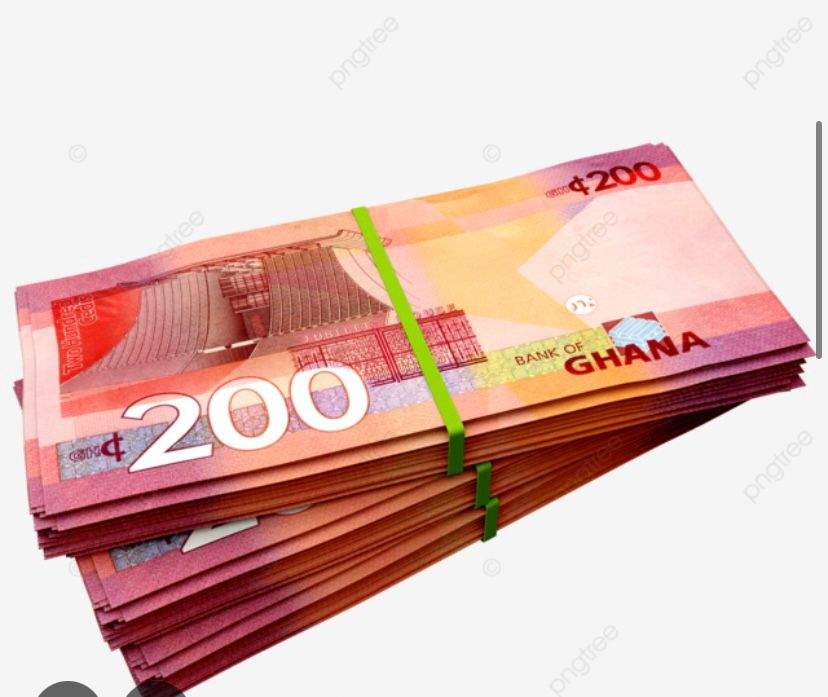Ghana must prioritize science, research, and institutional capacity to reverse the challenges of its blue economy and position it as a cornerstone for economic recovery, according to Richster Nii Amarh Amarfio, Executive Director of the Blue Economy and Governance Consult.
Speaking to the Ghana News Agency (GNA) during the 2024 World Fisheries Day celebration on November 21, themed “Collaborative Governance for Blue Transformation and Sustainable Investment in Fisheries,” Mr. Amarfio emphasized the urgent need for credible data on the major pillars of the blue economy through effective collaboration with research institutions.
Unlocking the Potential of Ghana’s Blue Space
Mr. Amarfio, also Vice President of the National Fisheries Association of Ghana (NAFAG), highlighted that Ghana had yet to realize the full potential of its blue economy.
“Coming from a meeting of the International Commission for the Conservation of Atlantic Tunas (ICCAT) in Cyprus, we are exposed to the immense potential of the blue space, particularly the fisheries sector,” he stated.
READ ALSO: “Omo Atom”, The New Dictum Of The Average Ghanaian Market Woman – Inflation and Price Hikes
The sector contributes significantly to employment, food security, health, and social cohesion. To harness its potential, Mr. Amarfio recommended the following:
- Developing a Marine Sensitivity Mapping Tool to identify and protect vulnerable marine ecosystems.
- Establishing Marine Protected Areas and marine reserves to safeguard biodiversity.
- Creating a Marine Spatial Plan with documented programs to support marine life.
Collaboration Among Institutions Is Key
Mr. Amarfio stressed the importance of collaboration among research institutions and state agencies.
Institutions such as the Regional Maritime University, the University of Cape Coast, and the University of Ghana must play a central role in policy-making and decision-making processes.
He also called for the coordination of agencies like the Fisheries Commission, Environmental Protection Agency, and Ghana Maritime Authority to address marine issues effectively.
“The establishment of a Blue Economy Commission should be considered to drive policy and governance,” he added.
Challenges Facing Ghana’s Blue Economy
Mr. Amarfio lamented the ongoing destruction of Ghana’s water bodies through activities such as illegal mining and pollution.
Key concerns include:
- Pollution of oceans and rivers caused by industrial and domestic waste.
- Degradation of estuaries and brackish systems due to indiscriminate dumping.
“We treat our ocean and aquatic resources with absolute disregard, failing to consider the future generations who will rely on these gifts of nature,” he remarked.
A Call to Action
To secure the future of Ghana’s blue economy, immediate and strategic steps must be taken to build a resilient marine ecosystem. This includes fostering partnerships between institutions, enforcing policies to prevent pollution, and investing in marine research and technology.
The blue economy holds immense potential to drive Ghana’s economic recovery, and addressing its challenges is critical to sustainable development.



